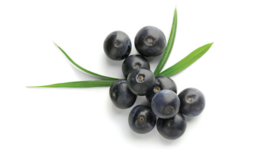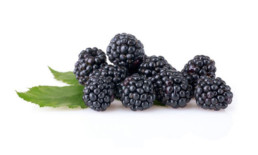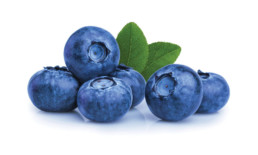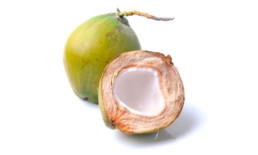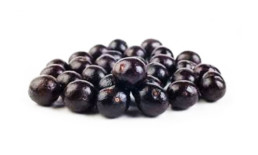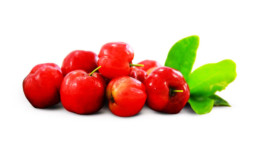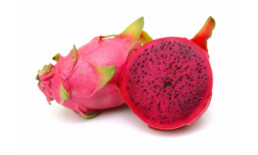Banana
Bananas are among the world’s most popular fruits. Native to Southeast Asia, they are now grown all over warm parts of the world. A banana consists of fibres, water and carbohydrates, with little protein and almost no fat. They are rich in pectin, a fibre responsible for its spongy aspect and it may moderate blood sugar levels after meals and reduce appetite by slowing the emptying of your stomach. They also rank low to medium on the glycemic index, which is a measure of how quickly foods increase blood sugar levels, meaning that they should not cause major spikes in blood sugar levels in healthy individuals.
Description
Bananas provide a substantial amount of energy, which is easily absorbed by the body. Due to their high nutritious value, especially their great potassium content, experts recommend including them in diets, as they contribute to proper muscular function, preventing spasms and cramps. Besides, the consumption of potassium and magnesium is associated with bone health, helping prevent osteoporosis. Bananas are rich in magnesium, which is an important mineral for blood pressure control, cardiovascular protection and the prevention of metabolic syndromes as obesity and diabetis. They are also rich in fibres, which consumption is associated with multiple health benefits, such as improved bowel function, reduced risk of developing cardiovascular diseases, diabetes and gastrointestinal illnesses.




